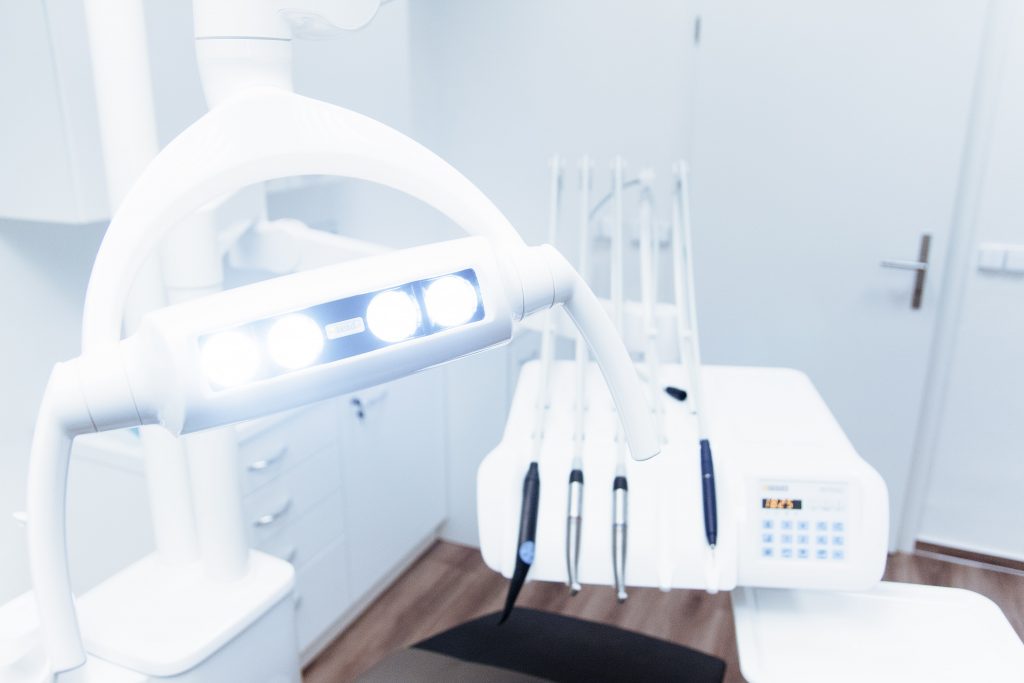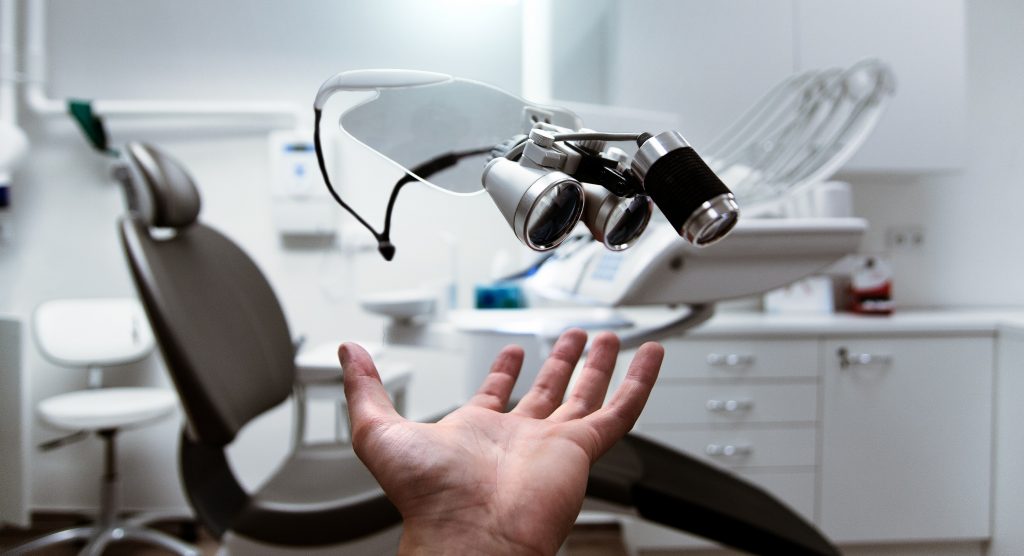A vast array of innovations in the modern digital world are now revolutionising the healthcare sector. Technology in the healthcare industry is here to remain. It’s not a secret which technology has influenced our daily life in 1 way or another. Until lately, the health care business has largely been untouched by the improvements in technology that are characterised by the digital age. On the other hand, the tide of electronic transformation is gradually making inroads into the healthcare field. Technology has carved a society in which patients may get better treatment, improved healing, and enhanced lives. From protected delivery by expectant mothers and efficient cancer treatment to coping with cardiac ailments, physicians are now able to save countless lives worldwide.
Physicians will have the ability to handle health issues better and at a cost-effective fashion since biomedical research continues to improve. Listed here will be the technological improvements which are making a substantial shift in the healthcare sector.
Medical equipment engineering
The advancements of medical equipment over the last few years has allowed for certain specialists within the healthcare sector to further themselves. For example, the development of breast implant designs would have had an enormous impact on the day to day operations of a breast surgeon, just as the advancements in laser treatment would have a great influence on a dentist’s practises.

The integration of inventions in the healthcare market has caused the advantage of a better quality of life to individuals. Medical technology has caused the growth of equipment that may perform non-invasive surgeries reducing the period needed by the individual to cure. Much comfier scanning apparatus and systems that improve better identification and monitoring also have been developed thanks to technologies. The integration of telemedicine and medical gear technology has empowered operations to be carried out by robots. This implies that in certain scenarios, the physicians aren’t required to maintain the operating room with the patient throughout the operation. Occasionally, the individual and the physician who’s performing the operation don’t need to meet in person that eliminates the limitations that both may have with time and travelling.
Medical study
Physicians and study experts are running research frequently, inventing and testing new techniques may diagnose a cure or even prevent ailments. Medical investigation helped by engineering has played an essential part in the creation of new medications that can treat ailments or decrease the signs of life-threatening diseases. The researcher is currently able to perform disorder evaluation on a cellular level and fabricate antibodies for therapy via the utilisation of technology within medical research. The vaccines also have saved countless lives around the globe.
Digital documents and certificate
Tech has made great strides in regards to medical billing and coding. But, 21st-century technology has changed into a digital format. Under the legislation of HIPAA, clinicians must send electronic bills to individuals by creating new applications that permit the digital transport of their statements. By these means, doctors can find out potential disorders a patient might be having. Digital databases have enabled the storage of a person’s entire medical information and history and decreased the time needed by medical professionals to access them. This has made it easier for people who want these certificates and renewals to attain them at the precise time they need it. Tech is creating everything in the healthcare area simpler and quicker.
The Usage of ICD-10
The ICD-10 is the most recent edition of the tool utilised in diagnostics. ICD-10 permits illnesses, observable symptoms, triggers and unusual signs to be researched. The analytical classification tool consists of 14,400 distinct codes including other added sub-classifications. This instrument empowers health specialists to follow unique diagnostics and monitor the speed of morbidity in a nation.
These are only a couple of the technological advances that have changed the healthcare sector. There will most definitely be many more to come, however, if just those couple have made the medical area more effective and have made it feasible to save more lives, you could only imagine what the future holds.

